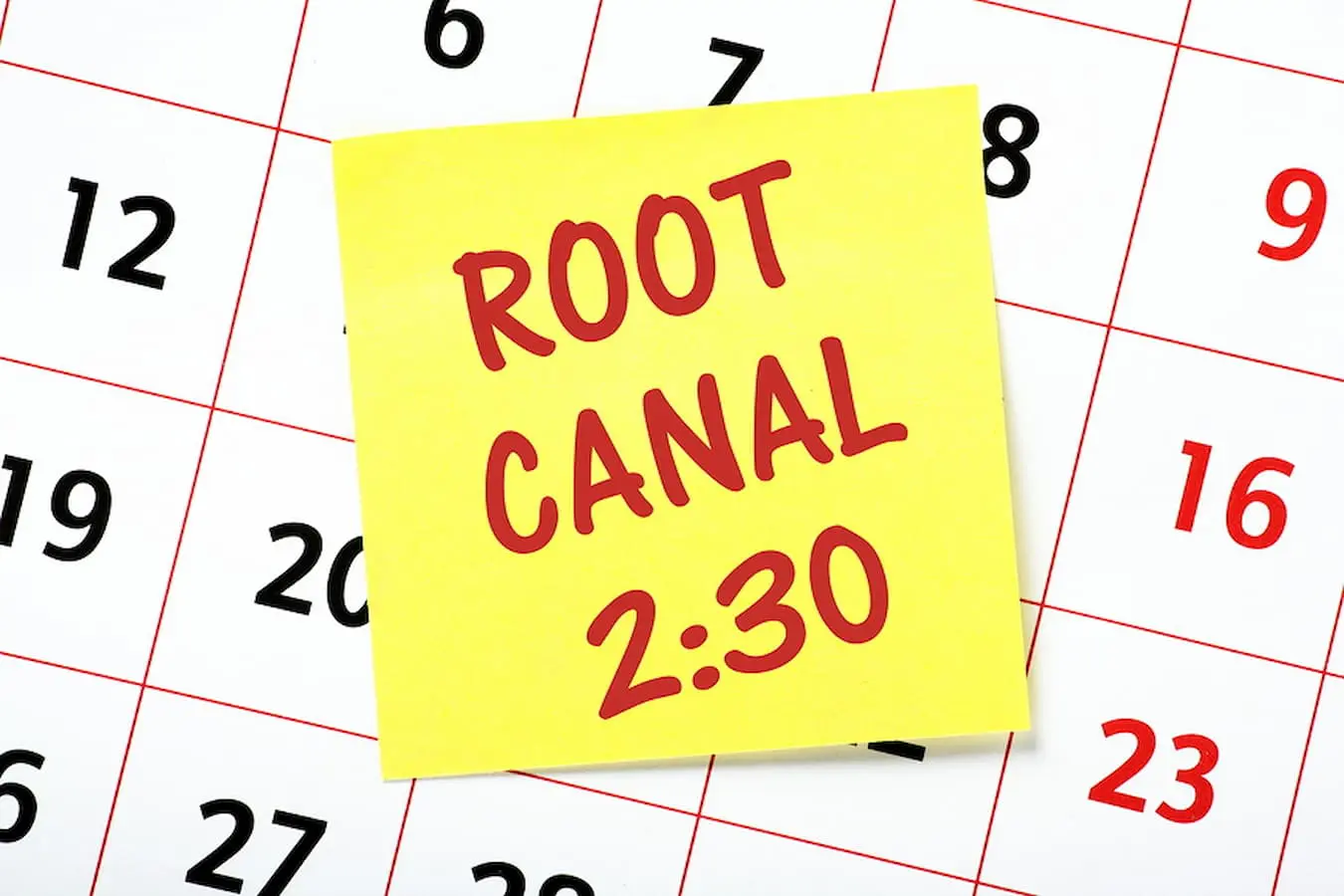If my tooth doesn’t hurt, why do I need root canal treatment?

Multiple issues can result from an infected tooth, up to and including tooth loss and systemic infection throughout the body. Root canals can help to reduce your risk of such outcomes in certain situations.
If your dentist has recommended a root canal, rest assured that the treatment will benefit you, even if you’re not currently having any trouble with your teeth.
Problems That Can Arise from Infected Teeth
When a tooth is infected and that infection reaches the tooth’s inner core, a range of issues can emerge if the infection is not resolved, including:
- Discomfort
- Bad breath
- Tooth loss
- Systemic infection throughout the body
While a tooth infection can cause significant discomfort, this symptom may not be present in the earliest stages of the disease process. Yet, a root canal can still be beneficial at this time to prevent the progression of the infection and its many consequences.
Even the prospect of developing an infection in the tooth’s pulp should be addressed. This may occur when a tooth is broken or develops a deep crack that would allow bacteria to infiltrate the tooth’s core. Root canals are used in these cases, even if the patient is not experiencing any discomfort.
Using Root Canals to Prevent Tooth Infection
When the tooth’s inner core is compromised or has the potential to be, your dentist will recommend a root canal procedure that removes the pulp tissue from the root canal chamber and then thoroughly cleans the chamber to remove any lingering traces of bacteria that may be present.
The empty chamber is then filled with an inert substance called gutta percha, which has a texture similar to rubber, in order to prevent bacteria from re-populating the space.
Although the root canal has the reputation of being a painful procedure, that is inaccurate. Most patients report that the treatment is no more uncomfortable than having a cavity filled. In fact, root canals can actually eliminate or prevent discomfort.
We want to make sure that you are fully informed when deciding on any oral health interventions, including root canals. If you have any questions, don’t hesitate to reach out to our team at Crosspointe Dental & Orthodontics.